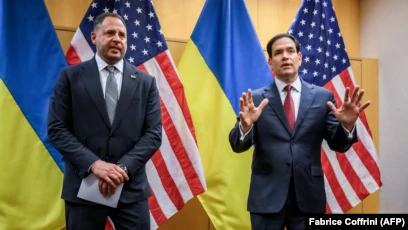
US Secretary of State Marco Rubio has said there has been “tremendous progress” at talks on ending the war in Ukraine, and that President Donald Trump was “pleased” when he briefed him on the discussions.
Rubio spoke to reporters for a second time on November 23, after talks with a Ukrainian delegation in Geneva that he earlier said had been “the most productive and meaningful” since the Trump administration took office in January.
“There’s still some work to be done, but we are much further ahead today at this time than we were when we began this morning and where we were a week ago, for certain,” Rubio said.
He did not elaborate on what the points were, but said security guarantees for Ukraine were something that “has to be discussed” and that work would continue on November 24.
The meetings in the Swiss lakeside city are focusing on a US plan to stop fighting that has raged since Russia’s full-scale invasion of Ukraine in February 2022.
The plan has not yet been officially disclosed, although key elements have been leaked — sparking Kyiv’s allies to suggest that it is highly tilted in Russia’s favor.
Trump had earlier said the plan was not his final word, suggesting changes could be made to it. But in comments on Truth Social on November 23 indicated frustration with European and Ukrainian positions.
“Ukraine’s ‘leadership’ has expressed zero gratitude for our efforts, and Europe continues to buy oil from Russia,” he wrote in all-caps comments.
Two European Union member states still purchase Russian crude oil: Hungary and Slovakia. NATO-member Turkey also buys Russian crude.
Apparently responding in a social media post, Ukrainian President Volodymyr Zelenskyy pointedly stated his gratitude “personally to President Trump” for help that “is saving the lives of Ukrainians.”
In a later post, Zelenskyy also gave an impression of the pace of diplomacy in Geneva.
“A lot is changing – we are working very carefully on the steps needed to end the war,” he said. “Tomorrow will be no less active.”
What’s In The Deal?
Many of the terms of the proposed deal require sweeping concessions by Kyiv and appear to mirror many of the Kremlin’s demands — including surrender of Ukraine’s Donetsk and Luhansk regions — known as the Donbas — and Crimea, along with setting limits on the size of its military.
Kyiv would also be required to enact a constitutional prohibition on joining NATO, while restrictions would be put on the Western military alliance itself regarding the stationing of its troops. Financial sanctions on Moscow would also be eased under the plan.
In return, Ukraine would receive some form of “security guarantees,” most notably from the United States, be allowed to join the European Union, and receive some financial benefits. Russia would also be required to withdraw from some Ukrainian areas it currently occupies.
Amid pushback from US lawmakers and foreign allies, Trump on November 22 left open the possibility of changes being made to the plan.
Asked by reporters if his proposal was his “final offer to Ukraine,” Trump said, “No.”
Ukraine’s European allies, who were not involved in drafting the US plan, have said the proposal requires “additional work.”
Reuters news agency reported details of European counterproposals that included a larger force size for Ukraine and a US security guarantee like NATO’s Article 5 — under which an attack on one country is considered an attack on all.
Rubio said he had not seen any European counterproposals.
Democrats, Republicans Push Back
The US plan has also received criticism among influential members of Trump’s own Republican party, including a joint statement with rival Democrats that calls for changes in the proposal.
“We will not achieve that lasting peace by offering [Russian President Vladimir] Putin concession after concession and fatally degrading Ukraine’s ability to defend itself,” said the statement, signed by three Democrats, one Republican, and one independent senator./Rferl/

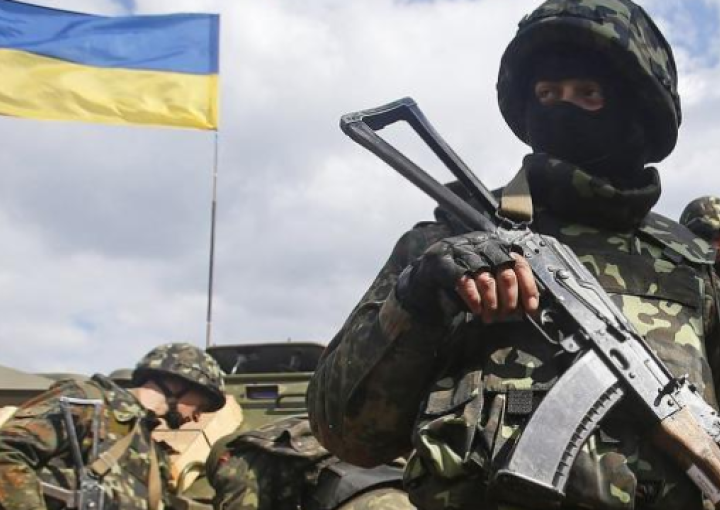 A Ukrainian army of 600,000 men is still the second biggest in Europe
A Ukrainian army of 600,000 men is still the second biggest in Europe 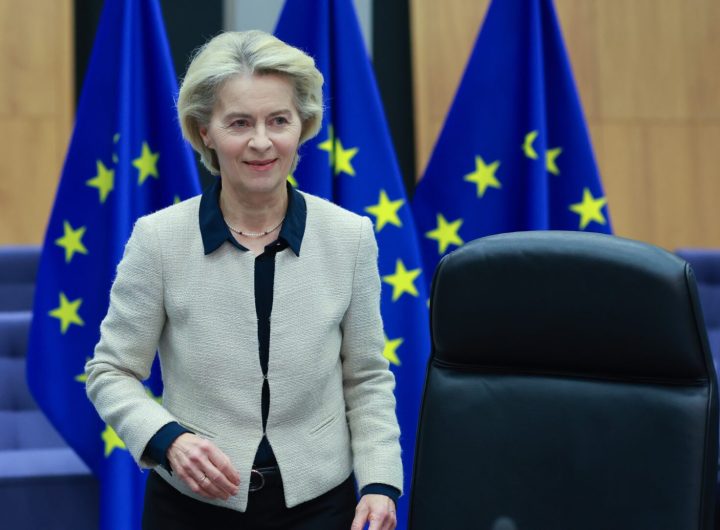 EU lays out bloc’s key elements for a lasting peace in Ukraine
EU lays out bloc’s key elements for a lasting peace in Ukraine 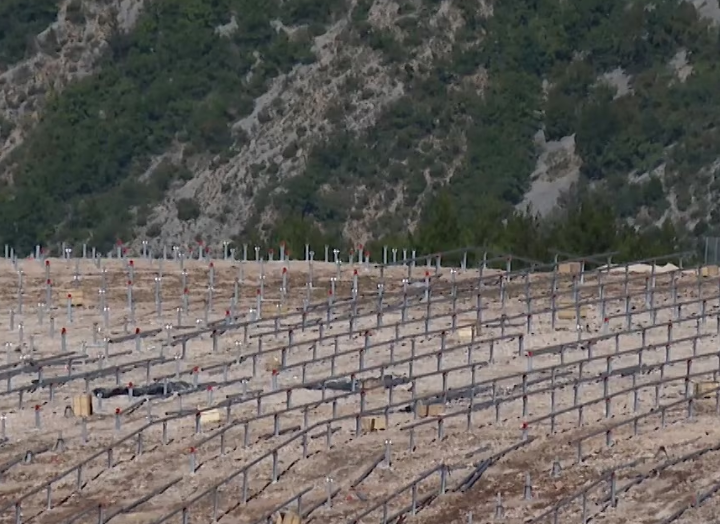 From Mines To Solar Plants, Chinese Projects Face Rare Legal Setbacks In The Balkans
From Mines To Solar Plants, Chinese Projects Face Rare Legal Setbacks In The Balkans 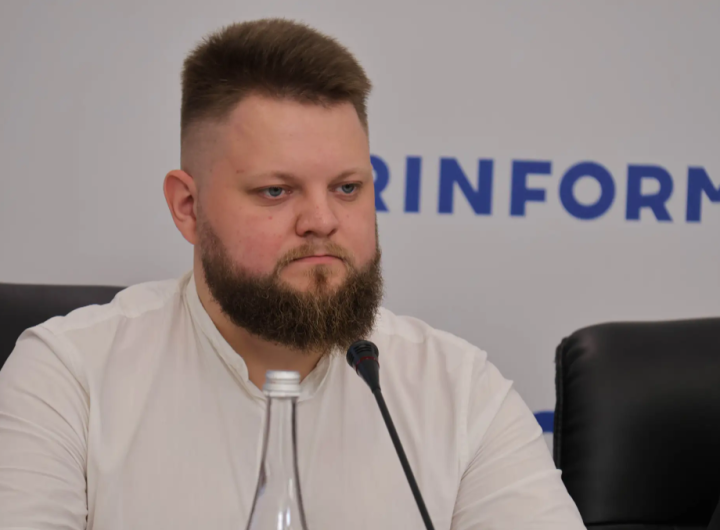 Persecution of Christians by Russian authorities in the occupied territories of Ukraine and establishment of the Russian Orthodox Church’s monopoly
Persecution of Christians by Russian authorities in the occupied territories of Ukraine and establishment of the Russian Orthodox Church’s monopoly 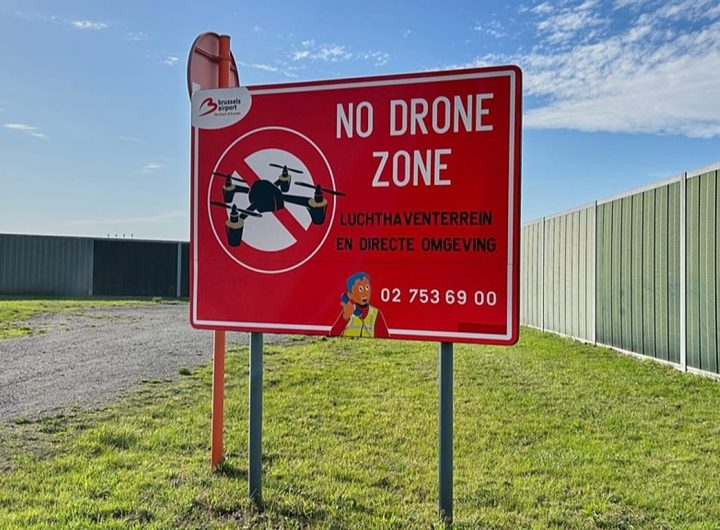 Belgium buys Latvian-made drone interceptors after string of incursions
Belgium buys Latvian-made drone interceptors after string of incursions 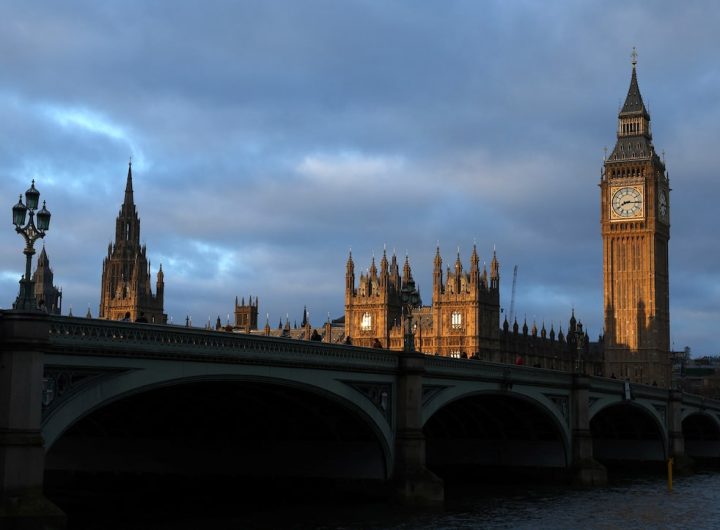 MI5 warns UK lawmakers Chinese spies posing as headhunters
MI5 warns UK lawmakers Chinese spies posing as headhunters